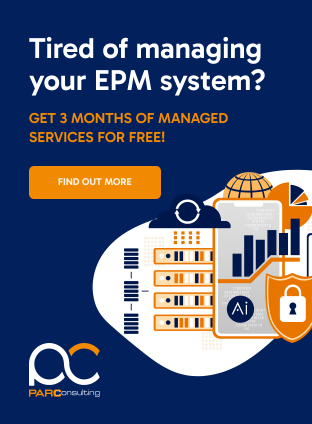In the Oracle Application Development Framework (ADF) community, a frequently encountered decision is whether to use Java or Groovy for project development. This choice can significantly influence the learning curve, maintainability, and overall functionality of the applications. We delve into this topic by examining a real-world question posed by Stuart Fleming and the enlightening response it received, offering clarity on the Java vs. Groovy debate in Oracle ADF.
The Core Issue: Streamlining Oracle ADF Development
Stuart Fleming’s query brings to light the challenges of transitioning to Oracle ADF, focusing on establishing standards to ease the learning process for developers. He suggests exclusively using Java at the model layer for calculations and validations, based on several considerations:
- Necessity of Java Knowledge: Java is indispensable for coding in JSF backing beans, making its learning a prerequisite. Introducing Groovy might complicate the ADF learning curve.
- Ease of Maintenance: Employing multiple languages can make application support more complex. Centralizing code in Java could simplify application modifications.
- Java’s Versatility: The versatility offered by Java is a compelling reason for its exclusive use.
- Early Error Detection in Java: Java’s compilation feature facilitates early error identification, which can be beneficial during development.
Stuart also expresses concerns about Groovy, including its type safety, potential for runtime errors, and issues with specific expressions in version 12c.
Expert Insights: Balancing Java and Groovy in ADF
Responding to Stuart’s concerns, an expert reassures that Java continues to be a core component of ADF. They highlight Groovy’s advantages, especially its dynamic nature that allows changes without the need for recompiling the application. Oracle employs Groovy for scenarios that involve runtime design-time activities, enabling dynamic customization of page behaviors.
However, the expert advises that if such dynamic functionality is not required, Groovy can be omitted.
Key Insights:
- Java’s Enduring Role in ADF: Java remains a fundamental and stable element in ADF, essential for developers in this environment.
- Groovy for Dynamic Customization: Groovy is ideal for projects needing runtime flexibility and customization.
- Project Needs Dictate Language Choice: The decision between Java and Groovy should be based on the project’s specific requirements. For projects not needing Groovy’s dynamic features, focusing on Java might simplify development.
Wrapping Up:
The choice between Java and Groovy in Oracle ADF is not a universal solution but rather depends on the unique needs of each project and the skill set of the development team. For those new to ADF or working on projects that do not require Groovy’s dynamic capabilities, focusing on Java could streamline the learning process and development. Conversely, for applications that benefit from runtime flexibility, Groovy’s dynamic nature can be a significant advantage.


